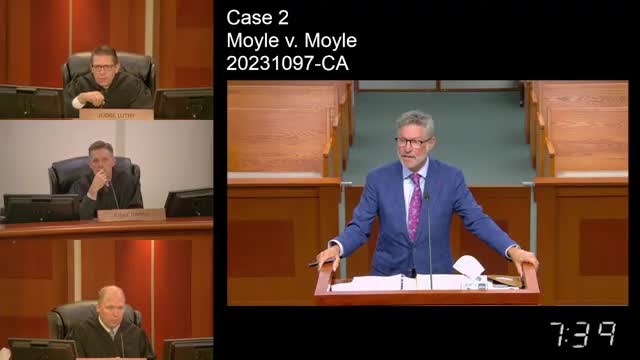Court Rules Individual Sold Ferrari to Himself in Business Transaction
August 26, 2025 | Utah Court of Appeals Live Stream, Utah Appellate Court, Utah Judicial Branch, Utah
Thanks to Excel Chiropractic and Scribe from Workplace AI , all articles about Utah are free for you to enjoy throughout 2025!

This article was created by AI using a video recording of the meeting. It summarizes the key points discussed, but for full details and context, please refer to the video of the full meeting. Link to Full Meeting
The trial court's findings highlighted the complexities surrounding Newberry's business dealings, particularly the sale of his business alongside the Ferrari transaction. This dual sale has sparked questions about the transparency and legality of Newberry's financial activities, prompting the court to delve deeper into the matter.
While the details surrounding the Ferrari sale are still unfolding, the implications of this case could have significant repercussions for Newberry. The court's focus on these transactions underscores the importance of accountability in business practices and the potential legal ramifications of self-dealing.
As the case progresses, observers are keenly watching how these findings will influence the court's final decision and what it means for the broader landscape of business ethics in Utah.
Converted from 20230121 State v. Newberry audio file meeting on August 26, 2025
Link to Full Meeting
Comments
View full meeting
This article is based on a recent meeting—watch the full video and explore the complete transcript for deeper insights into the discussion.
View full meeting

